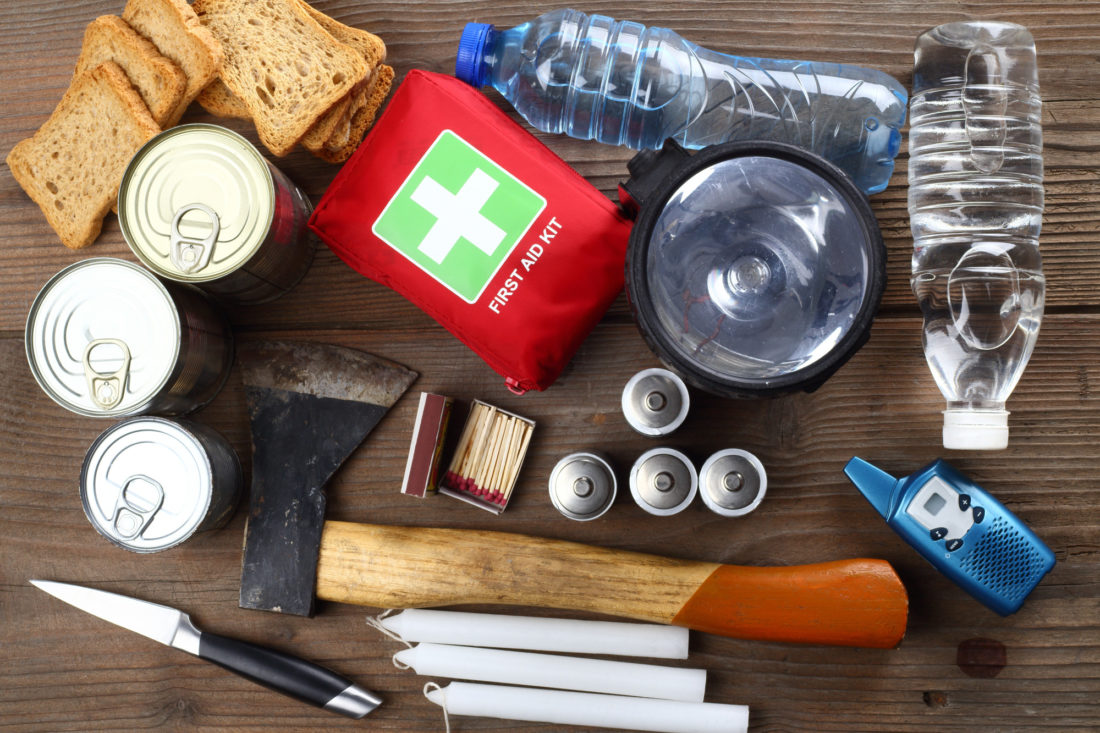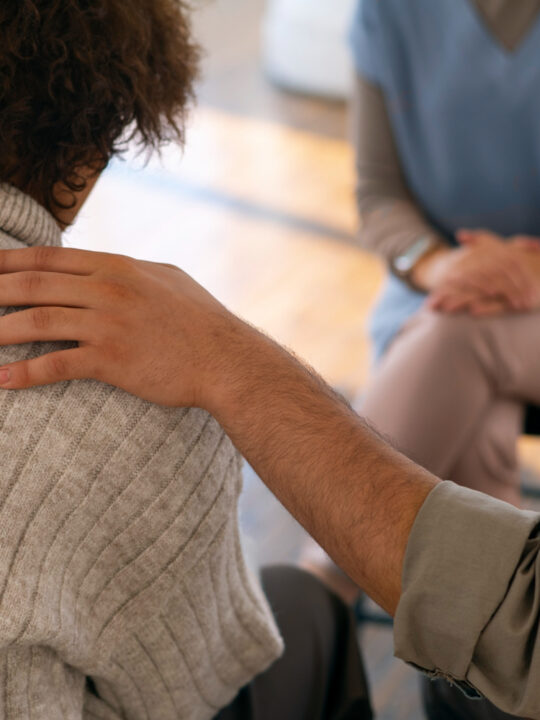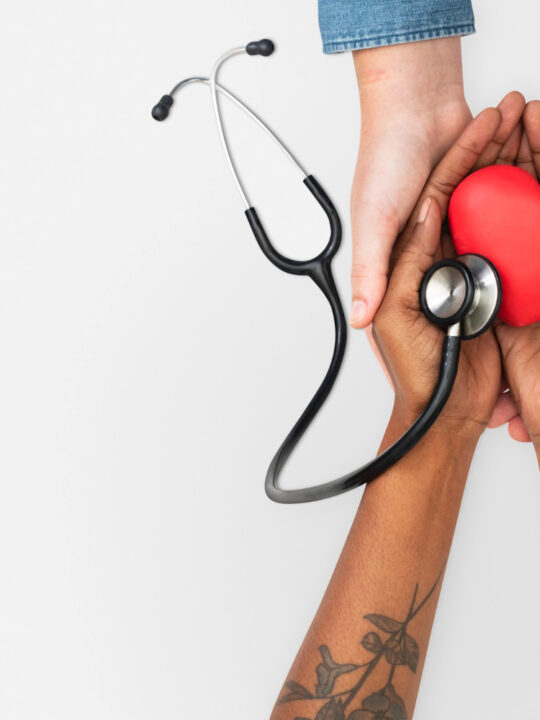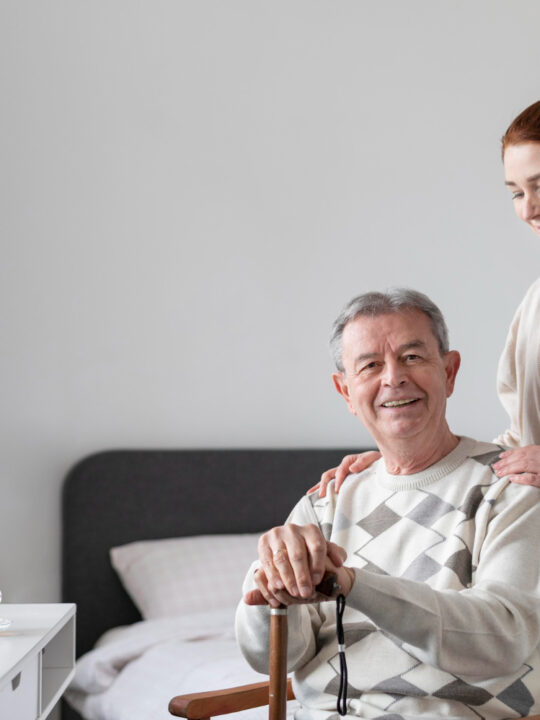
Unfortunate events never come with fortunate timing.
Sometimes an emergency can be as simple as spilling coffee on your new shirt on the way to an interview. However, it can sometimes be much worse.
Whether your house has been broken into or you’re stuck in the middle of a catastrophic storm, you should be prepared. Not all of your preparation has to be physical. It can be mentally knowing how to handle the situation you’re presented with.
To properly learn what to do in an emergency, keep reading. It could come in handy when you least expect it.
Table of Contents
Create a Communication System
No one wants to handle an emergency alone. It’s okay and suggested to reach out to those who can help, but you have to know who to contact and how to contact them.
When preparing for an emergency, develop a list of phone numbers you can keep in a binder or notebook somewhere. Write down a long list of possible emergencies and who you would contact during those times.
For example, if one child needs to be taken to the hospital but it’s difficult to take your other child with special needs with you, have a plan. Confirm a list of people who are comfortable and able to watch after your child with special needs. Type out their phone numbers in the book.
Make sure to also create a list of emergency contacts to keep in the house and on your cellphone. In the case you are involved in a car crash, someone can look on your phone and pick out your emergency numbers. Good people to use as emergency contacts include parents or spouses.
Create a Kit
When learning what to do in an emergency, it’s always good to remember to pack a kit. You can tailor different kinds of kits to different emergencies.
If you are in a hurricane-prone area, prepare a hurricane kit. This can include non-perishable food items, a generator, a flashlight and batteries, a candle and matchsticks, sealed water bottles, and a blanket.
Are you taking a long road trip through questionable weather? Due to the possibility of having to stop, create an emergency overnight kit with a change of clothes, food, and water.
Consider Other People’s Needs
As you are preparing for an emergency, think about other people’s needs and any accommodations needed. Special cases may include helping the elderly, small children, and people with disabilities of any kind. These cases may involve altering or adding to your emergency response plan.
You may need to have alternate escape routes in case of a fire for those unable to walk. Small children may experience extreme stress when faced with situations they are unfamiliar with. The elderly may need assistance if they must move quickly.
Learning What to Do in an Emergency
It can be overwhelming to learn what to do in an emergency, especially when anxiety takes over. Do what you can now to help yourself later.
Remember, if an emergency strikes, do your best to remain calm and follow all of your preparations. Have your kits, communication systems, and accommodations ready to go!
For more on education, travel, love, and so much more, check out the rest of our site.







